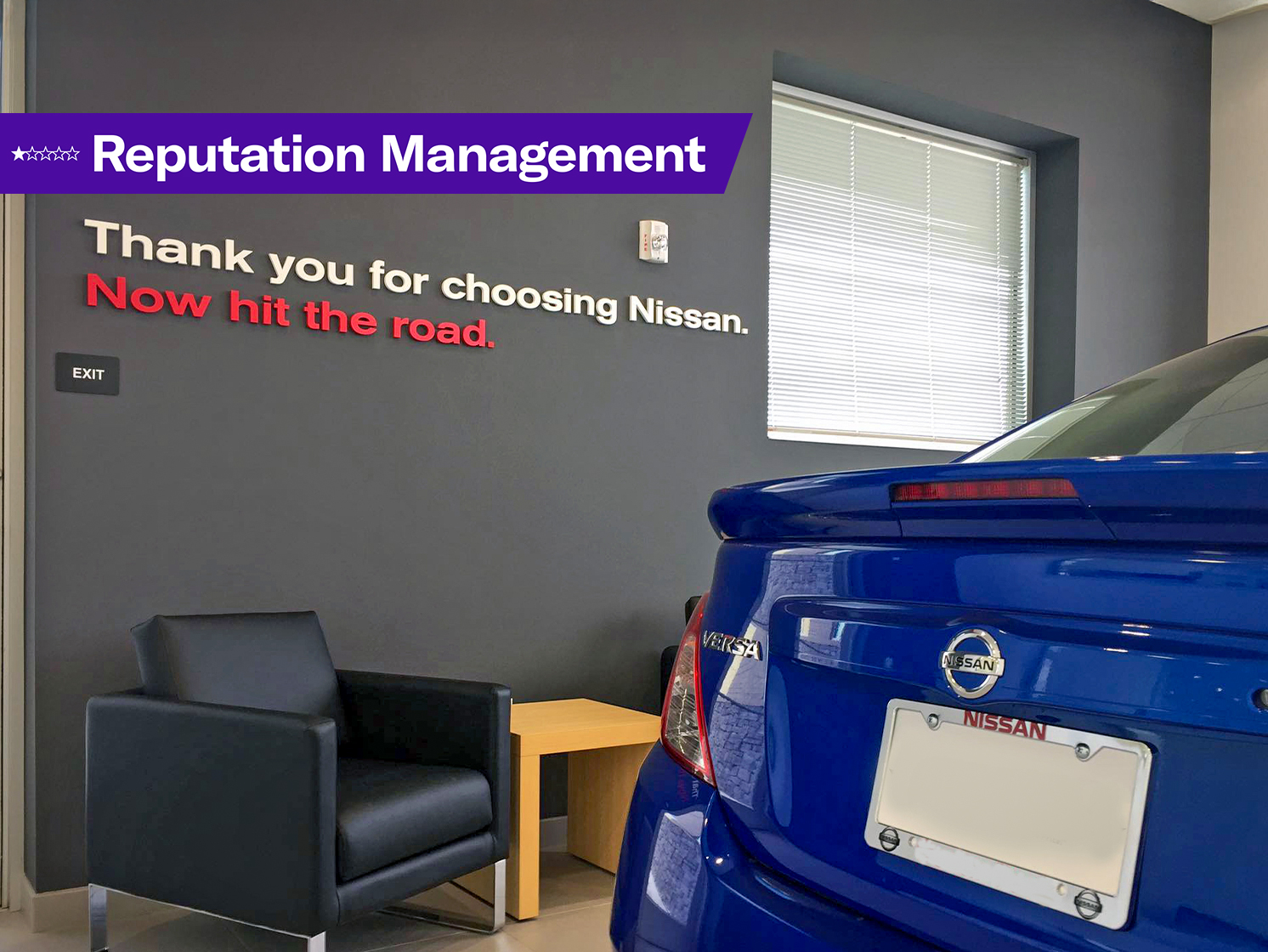Reputation Repair: The Path to Redemption

The Hidden Struggles of Automotive Retail
Reputation Management is a field that often goes unnoticed, yet it plays a critical role in shaping the experiences of customers and employees alike. In this piece, we delve into the underbelly of automotive retailing, exploring stories that reflect real-life challenges faced by car dealers and service shops. These tales are not just fictional; they are inspired by actual customer reviews and experiences, offering a glimpse into the complexities of the industry.
Automotive journalists often overlook the intricacies of the car business, considering it too mundane for their audience. However, there is potential for more engagement if automakers were to own their retail outlets. Some newer brands have already begun this trend, despite franchise protection laws at the state level. The car business has historically been labor-intensive and costly, which may explain why many corporate accountants prefer to close the books after a vehicle leaves the assembly line.
The phrase “make it someone else’s problem” resonates deeply within this industry. As a Reputation Manager for CarCountry, I encountered numerous issues, with Nissan being one of the most problematic brands. Despite its engineering prowess and high-performance history, Nissan never managed to compete effectively with models like the Honda Civic or Toyota Camry. This lack of competitiveness led to significant challenges, including the controversial Stair Step incentive program of the 2010s.
The Stair Step program was designed to incentivize dealers to sell more vehicles through lower prices, hoping to recoup losses with monthly bonuses. However, this approach proved detrimental, as many dealers felt pressured to sell at a loss. The program's negative impact on brand equity was evident, and the return of such strategies in recent years raises concerns about the future of the brand.
A Personal Story of Transition
Joe Bowers, a Hurricane Katrina refugee, built a successful career selling Toyotas in Houston. His warm and blunt approach to dealing with corporate suits earned him respect. When he was promoted to General Manager at a new Nissan dealership, I was excited to support his transition. Setting up an online presence for the dealership was straightforward, involving photos and ensuring accurate data.
However, one particular customer stood out during the process. He was the first to arrive, having been transferred from another dealership to ensure his continued presence as the team worked through procedures. His patience and willingness to assist were commendable, and the dealership's message, “Thank you for choosing Nissan. Now hit the road,” reflected a positive sentiment.
Yet, the atmosphere in the dealership was tense, with stressed-out faces everywhere. This contrast highlighted the challenges faced by the team. During a photo session, I encouraged everyone to show enthusiasm, and the resulting image captured a moment of genuine connection.
The Impact of Stress and Incentives
Stress can lead to poor decisions, often reverting to old habits. Double-teaming customers is one such habit, which can severely impact satisfaction. During my time in the industry, I witnessed instances where customers were pressured into purchasing unnecessary insurance. These experiences underscore the importance of ethical practices in sales.
Joe's story illustrates the broader implications of these challenges. After losing his first loyal customer due to the Stair Step program, he expressed deep frustration. The pressure to meet monthly goals led to mistakes that affected both staff and customers. This situation highlights the need for sustainable business practices that prioritize long-term relationships over short-term gains.
In conclusion, the automotive retail landscape is fraught with challenges that require careful navigation. From the pressures of incentive programs to the importance of maintaining a positive customer experience, the industry must adapt to evolving consumer expectations. As we continue to explore these issues, it becomes clear that the path to success lies in fostering trust, transparency, and a commitment to quality.
Post a Comment for "Reputation Repair: The Path to Redemption"
Post a Comment